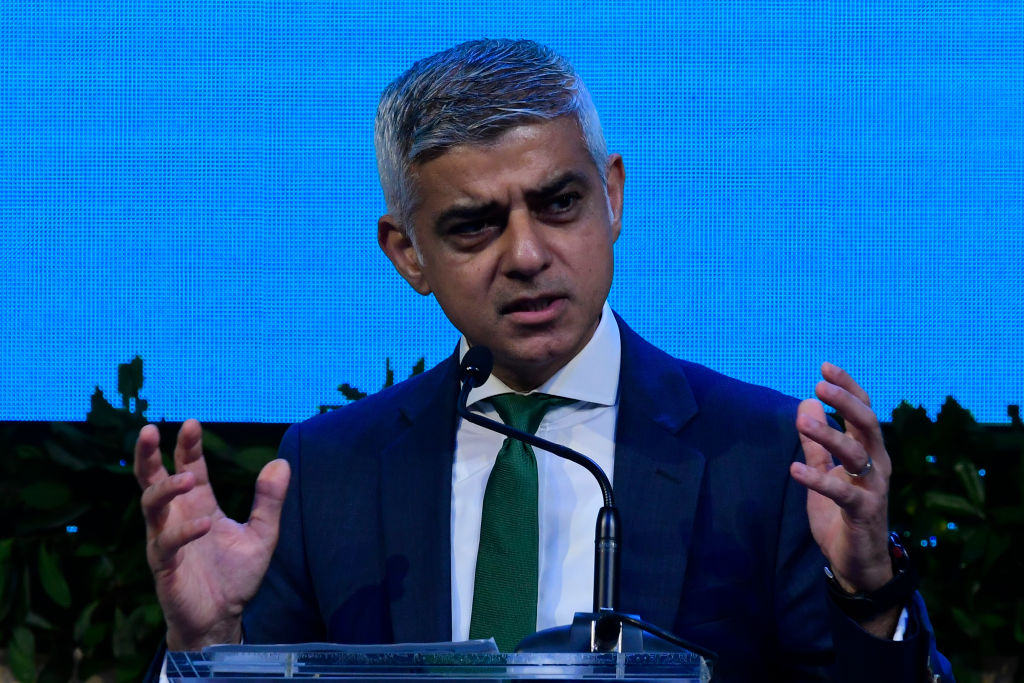Economic optimism is in short supply these days – but has pessimism about the UK’s economy been overegged by the likes of Sadiq Khan? The verdict of chief executives from around the world suggests as much: Britain has been ranked in the top three markets for investment, according to PricewaterhouseCoopers’s (PwC’s) annual Global CEO Survey. Today’s report follows the latest growth update that revealed that the economy did not contract in November as had been widely predicted, but grew slightly by 0.1 per cent. It marks a sharp contrast from the recent warnings of the London mayor, who said that ‘Brexit isn’t working’.
The survey, timed to be published as the business elite gather at Davos this week, shows the UK tied with Germany for third place – behind the United States and China – for the country considered most vital to business growth and development. Britain’s tech sector, as well as the ‘business-friendly environment’, are given as reasons why international companies consider the UK a good place to invest.
PwC’s endorsement of the UK as a friendly place to do business contrasts starkly with some of the narratives around Britain’s pandemic recovery, and indeed the consequences of Brexit. Perhaps Sadiq Khan should have a read: last week, Khan addressed Mansion House with a speech designed to highlight the ‘immense damage’ leaving the EU has done to the City and Britain’s financial services industry. Plenty of his speech, about London being ‘hit hard by the loss of trade and talent to our competitors because of Brexit’, was easily challenged by the actual numbers. But surveys like PwC’s do even more to highlight how perceptions of remainers like Khan differ from the international perspective of how the UK economy is faring, despite Brexit.
Rishi Sunak will be thrilled about this news: this is the first time in 26 years that the UK has risen above fourth place in the survey. Doing so at a time when plenty of forecasts are betting against Britain, especially compared to growth forecasts across Europe, hands a welcome boost to the government.
It also shows that the impact of last autumn’s disastrous mini-Budget – which put the UK under international spotlight and created unwanted attention around Liz Truss’s attempt at a mass-borrowing spree – has been contained: government borrowing costs and expectations for interest rates are both back down to where they were before the fiscal event took place.
Of course, PwC's positive narrative doesn’t guarantee positive outcomes. The recorded growth for November could still be downgraded when the numbers are revised, and a formal recession is still on the cards. Even if the UK dodges the technical definition of ‘recession’ (two consecutive quarters of negative growth), that is no guarantee the public are going to feel the benefits of minimal economic growth, especially with inflation still so high. But it serves as a reminder that the UK’s economic standing internationally is far more positive – right now, anyway – than is often suggested.







Comments